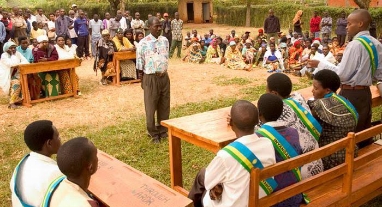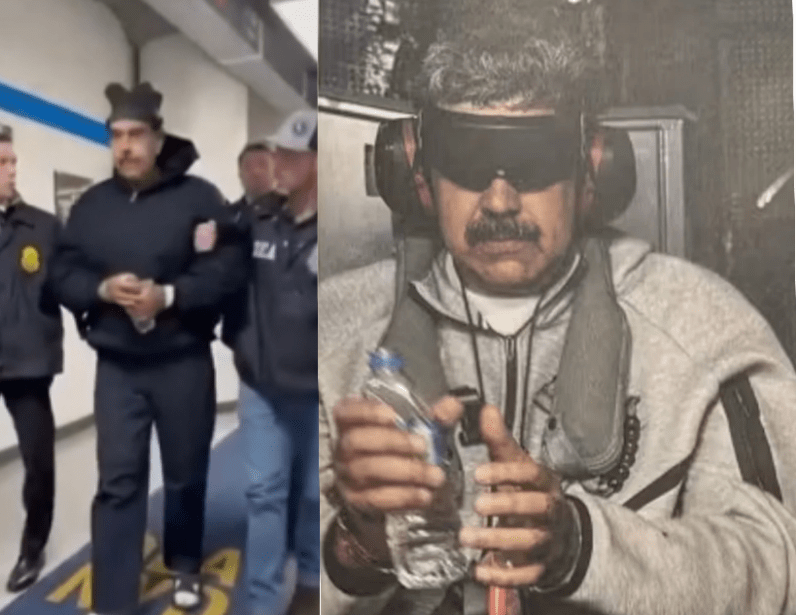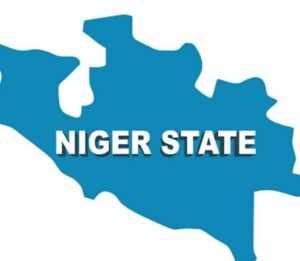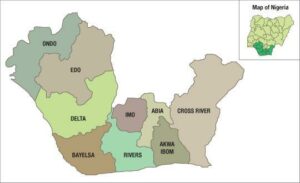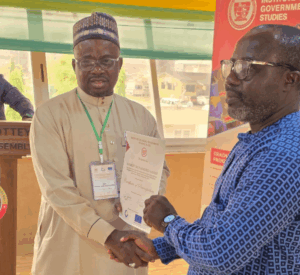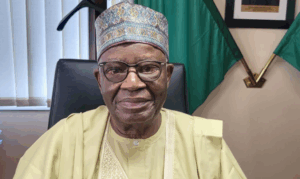Access To Justice: Can We Consider Gacaca?
This post has already been read at least 11802 times!
By Citizen Agba Jalingo
In April 2020, during the announcement of the Presidential Pardon and Clemency to inmates and ex-convicts, head of the Corrections Service, Ja’faru Ahmed at the time, said, at least three-quarters of Nigeria’s total prison population are inmates serving time without being sentenced.
“51,983 inmates are awaiting trial out of the prison’s total population of 73,726 inmates. That is about 70 per cent of the total. Only 22,773 inmates have been convicted.” he said. This is primarily fueled by the inadequate court system that continues to churn out a high turn over of detainees to the ill equiped correctional centers for custody, pending lengthy trials.
With thousands of cases taking years to try in courts across the country, with prolonged strikes, coupled with acute shortage of both infrastructure and trained personnel, can our country borrow a leaf from Rwanda and consider, then remodel their Gacaca legal system to fill this yawning gap?
According to Wikipedia, the name Gacaca is derived from the Kinyarwanda word umucaca meaning “a plant so soft to sit on that people prefer to gather on it”. Originally, Gacaca gatherings were meant to restore order and harmony within communities by acknowledging wrongs and having justice restored to those who were victims, in accordance with Rwandan tradition.
Within 17th century Rwanda, prior to colonization, as was the case in most of Nigeria, the extended lineage or family (umuryango), which encompassed several households (inzu), was the main unit of social organization within Rwandan society. Ruling over these lineages were kings (mwami). The kings, embodied power, justice, and knowledge and were the mediators of any major dispute within their region. However, before disputes were brought to the kings, they were heard locally by wise men as what is referred to as Gacaca.
However, with the colonization of Rwanda and the arrival of western legal system, Rwandans began to go to courts to deal with their disputes. In turn, kings and wisemen soon began to lose their legitimacy within Rwandan society.
And with this loss of legitimacy, Gacaca courts began to dwindle in numbers. But by year 2000, approximately 130,000 alleged perpetrators of the Rwandan Genocide, populated Rwanda’s prisons and consequently, the country struggled to pursue justice in the regular courts on such a massive scale. It then announced the re-introduction of Gacaca Courts as the only possible means to address the massive population of untried prisoners, accused of genocide, war crimes, and crimes against humanity.
The name of this system was then adopted in 2001 as the title of the state’s new criminal justice system “Gacaca Courts” (Inkiko Gacaca), to try those deemed responsible for the 1994 Rwandan genocide where over an estimated 1,000,000 people were killed, tortured and raped. Over 12,100 Gacaca courts, tried over 130,000 cases successfully.
The Gacaca Courts were established in law in 2001, began to operate on a trial basis in 2002 and eventually came to operate as trial courts throughout the country by early 2007. The Gacaca courts served the purpose of transitional justice, promoted communal healing and rebuilding in the wake of the Rwandan Genocide.
This system isn’t radically different from what happens in my community till date. Is it not possible to look towards this system and dust it, expand the framework and mandate, and adopt it, as further improvement on ACJA, to assist in the quick dispensation of justice and decongestion of prisons in Nigeria?
This post has already been read at least 11802 times!

